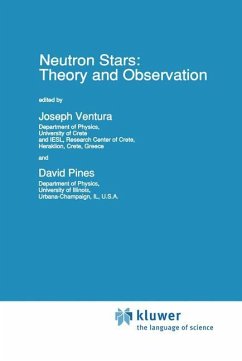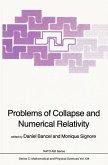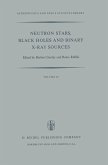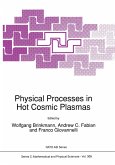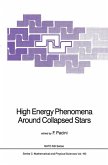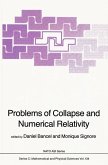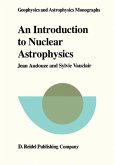Some twenty-three years after the discovery of pulsars and their identification as rotating neutron stars, neutron star physics may be regarded as comingofage. Pul sars and accreting neutron stars have now been studied at every wavelength, from the initial radio observations, through optical, X-, and "{-ray, up to the very recent observations in the TeV region, while theorists have studied in some detail relevant physical processes both outside and inside neutron stars. As a result, comparisonof theory with observation provides a test ofour theoretical ideas in fields as diverse as neutron and nuclear matter, superfluidity and superconductivity, the acceleration of high energy particles, and the generation and maintenance of intense magnetic fields. For example, through observations of glitches and post glitch behavior of pulsars, it has become possible to establish the presence ofsuperfluid neutron mat ter in the inner crust of neutron stars, and to determine some of its properties, while neutron stars in compact binary systems offer one ofthe most efficient energy generation mechanisms known. It is in fact the interactive interpretation of these ,diverse pieces of information that can lead to major advances in our understanding of the physics of these exotic objects, and justifies the characterization of neutron stars as hadron physics laboratories.

